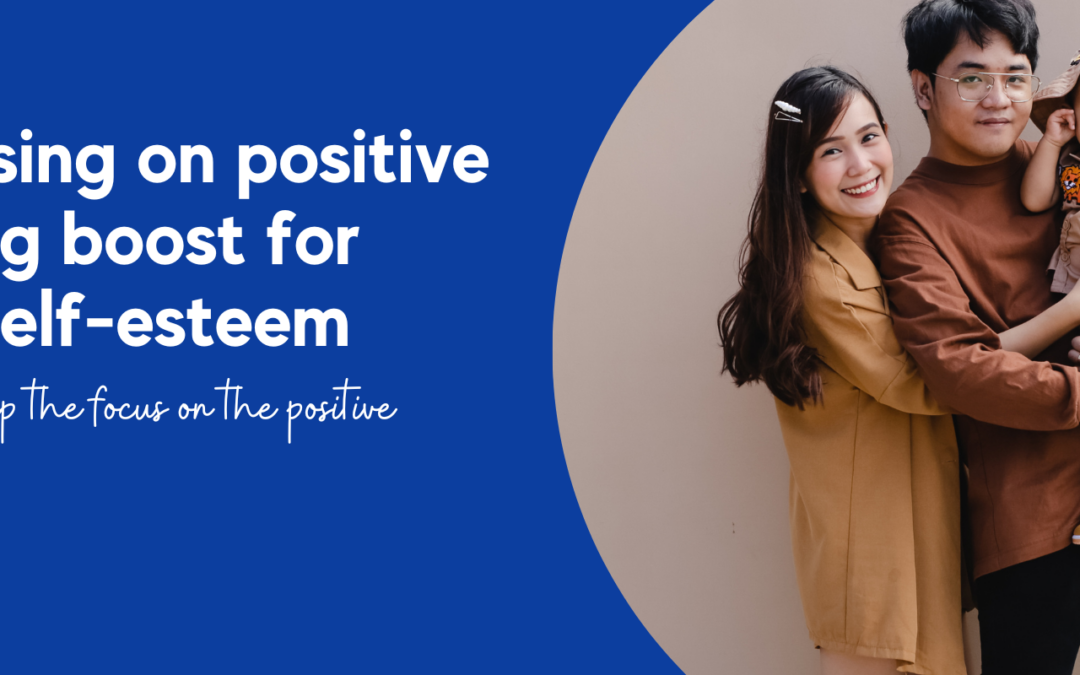As a parent, it is your job to keep your child safe, to help her develop life skills that will serve her as she makes her way in the world and to guide her as she learns right from wrong. Especially in the early years, it can feel as though your day is spent monitoring, correcting, and coaxing. At times you may even resort to bribing and yelling. “Don’t run in the house.” “Stop bothering your sister.” “How many times do I have to ask you to pick up your toys?” “We can’t go to the park until you start to listen to me.” “Because I said so, that’s why!”
All of this may be very well-intentioned. However, when you look at it from your child’s perspective, it may seem to him that someone is always telling him what to do and criticizing the way he does it. What started as an effort to help your child improve can actually case him to doubt his own abilities, to rebel against you, or to simply tune out and ignore you. Sometimes a subtle shift in wording can make a difference. Instead of saying “Don’t hit!”, say “Use gentle hands.” Replace “Quit yelling!” with “Inside voice, please.” Use words for the behaviour you want, not the one you want to avoid.
Pick your battles. If something is not harmful, but simply annoying, try to ignore it. When you bring extra attention to an unwanted behaviour, it is likely to continue. If you can, just let your child run the course and eventually move on to something else. Almost always you are going to get more of what you focus on. Draw your child’s attention to what she is doing right. “Thank you for hanging up your jacket.” “I like the way you are sharing your toys with your brother.” “Look how fast you put your boots on!”
Make specific observations and avoid generic praise. By doing this, you are putting the emphasis on the action and not the child. If you see that your child has picked up all his toys, try not to make a general statement like, “You’re such a great kid!” Does this mean he is not a great kid when he doesn’t pick up his toys? Instead, be specific about what you see. “You’ve put all the cars in the bin and the puzzles on the shelf. You’ll know just where to find them when you want to play again!”
By keeping the focus on the positive, you are teaching her to look for what is right about any given situation. More importantly, you are helping your child see herself as a capable person. This is key to building self-esteem and self-confidence. Overall, you are more likely to have your child’s co-operation when he feels good about himself and his abilities, and he knows that his efforts are recognized and appreciated.

